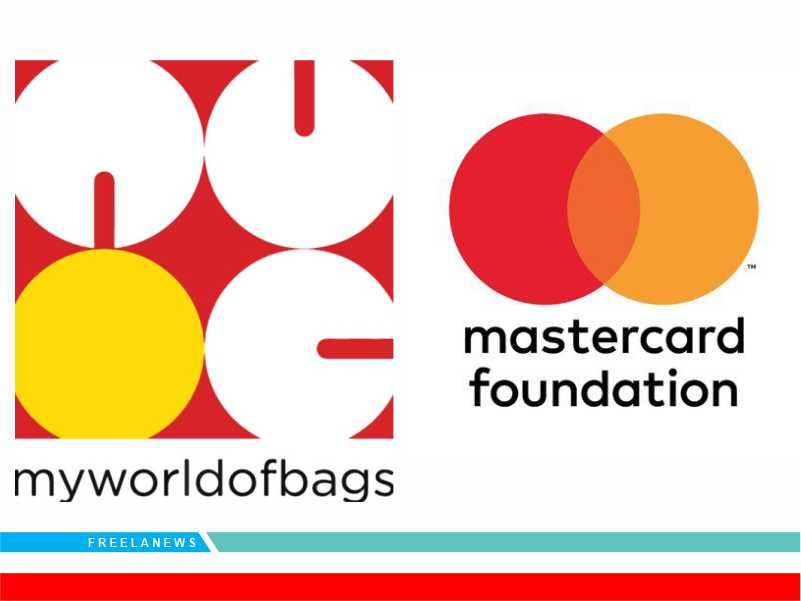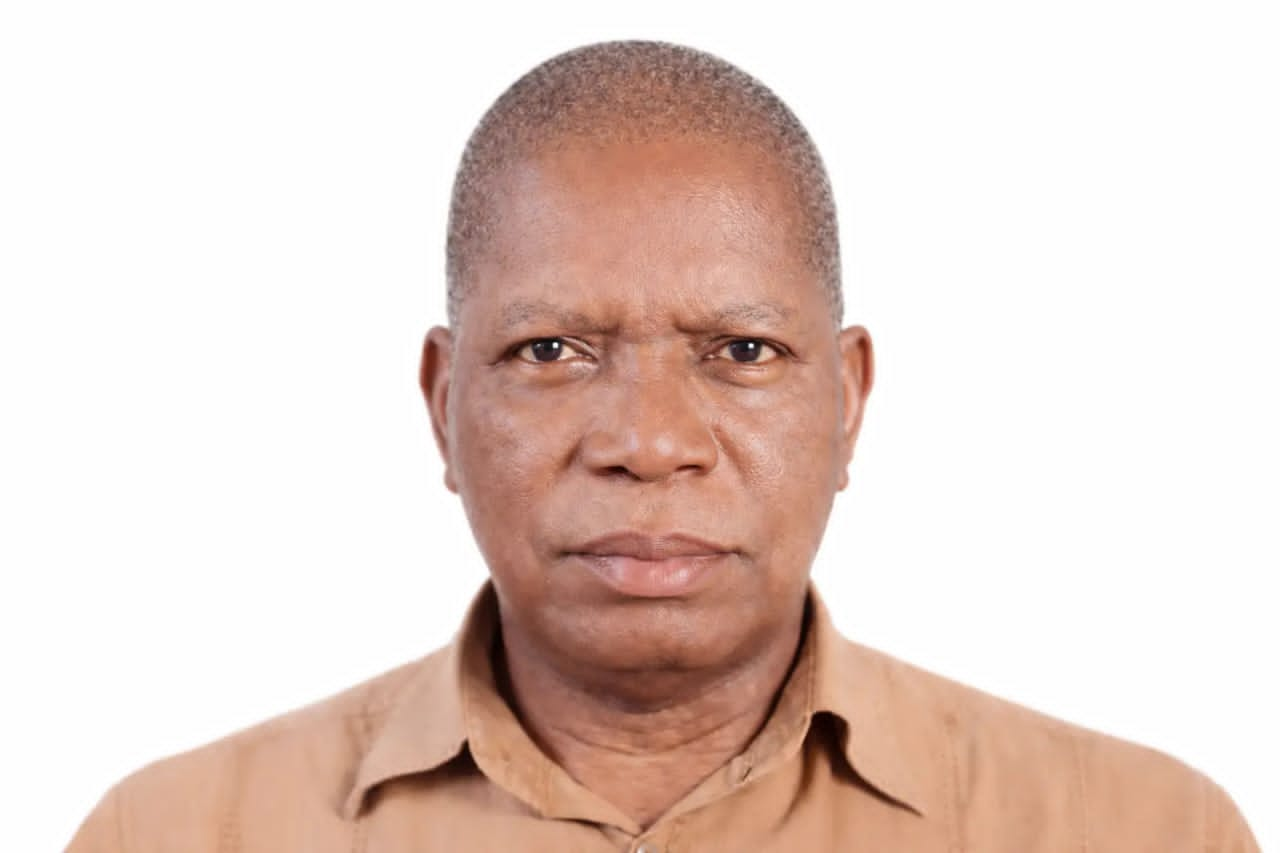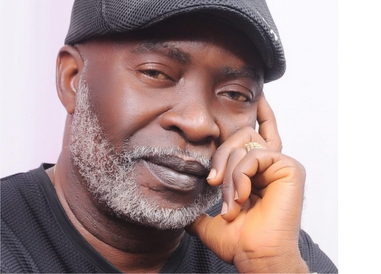United Bank for Africa urges Nigerian entrepreneurs to adopt sustainable business practices to ensure long-term growth and survival in a challenging economy.
[dropcap]U[/dropcap]nited Bank for Africa (UBA) has called on Nigerian entrepreneurs to embrace sustainable business practices in order to secure long-term growth and survival amid the country’s challenging economic conditions.
At the bank’s final quarterly business series for the year, held in Lagos on Thursday, the keynote speaker, Bolanle Austen-Peters, emphasised the critical role of sustainability in business success.
Also read: UBA Business Series highlights strategies for sustainable business growth
Austen-Peters, a renowned expert in business strategy, told attendees that a lack of structured leadership and long-term planning continues to hinder the survival of many Nigerian businesses.
She argued that businesses should evolve beyond mere profit-making and adopt business models that focus on innovation, proper structure, and future-oriented planning.
“Businesses must move beyond profit-making to adopting sustainable models that incorporate innovation, proper structure, and long-term planning,” Austen-Peters said.
“The rate of business mortality in Nigeria is concerning, and it is time for entrepreneurs to rethink their approach to building resilient enterprises.”
Television host and media personality Frank Edoho also weighed in on the discussion, stressing the need for adaptability in today’s volatile economy.
Drawing from his extensive experience in the media industry, Edoho shared insights on how consistent innovation and market awareness have kept his career relevant in a fast-paced world.
“In the fast-paced world we live in, sustainability is not just a buzzword; it’s a necessity. Entrepreneurs must learn to pivot, innovate, and continuously improve their strategies to remain relevant,” Edoho advised.
Media personality Toke Makinwa echoed similar sentiments, urging business owners to prioritise their brand identity while maintaining a focus on sustainability.
Makinwa, who has successfully navigated her entrepreneurial journey, highlighted how purpose-driven strategies have been key to her businesses’ resilience.
“Your brand is your strongest asset, and building a sustainable model around it is what will set you apart,” she said. “It’s about finding a balance between growth and maintaining your values.”
Princess Tekenah, CEO of Happy Coffee, added to the discussion by underscoring the importance of understanding customer needs and adopting innovative practices.
Tekenah shared how her company focuses on educating Nigerians about coffee culture while incorporating innovation to ensure long-term business success.
“Running a sustainable business means being flexible and constantly finding new ways to deliver value,” said Tekenah.
“At Happy Coffee, we have focused on educating our customers about the coffee culture in Nigeria while creating long-term value through innovation.”
The event concluded with an affirmation from UBA’s senior executives, who reiterated the bank’s commitment to supporting Nigerian entrepreneurs.
UBA’s Alawuba emphasised the bank’s ongoing efforts to provide financial solutions, capacity-building programs, and advisory services designed to help businesses grow and thrive.
“UBA remains committed to empowering Nigerian entrepreneurs with the resources and expertise they need to succeed,” said Alawuba.
“We will continue to offer solutions tailored to helping businesses adopt sustainable practices and build resilient enterprises.”
Source: Read more at www.wikipedia.org





























